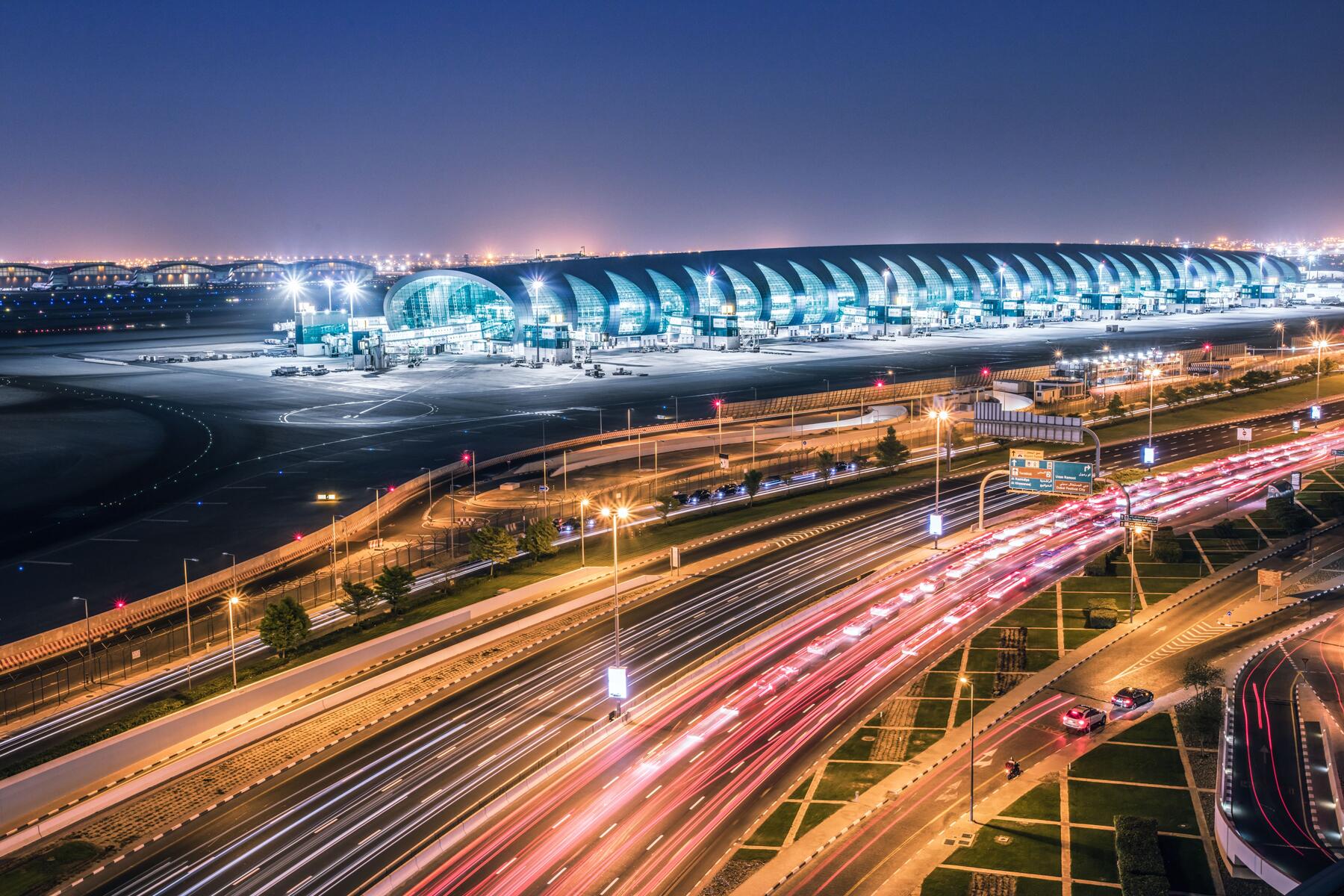Here’s how to tackle some of the most common fears older wannabe digital nomads face.
The fear of being lonely, the inability to access quality healthcare, and being that one old dude among a sea of twenty-somethings at a hostel are just a few of the concerns older prospective digital nomads face. But with the pandemic prompting many to rethink their priorities in life and now trying to make up for lost time, some are gravitating towards the freedom of becoming a digital nomad—despite concerns that they don’t quite fit the “typical” profile of the young, free-spirited, partygoing, traveling content creator.
With the collapse of the travel industry and the shuttering of hotels as a result of the pandemic, 43-year-old Pedro Richardson lost the majority of his income as a travel blogger and hotel consultant. With the desire to maintain his standard of living, he moved from his home in London in August 2020 to destinations with favorable exchange rates and pursued the digital nomad lifestyle full time. Having lived in Ukraine, Serbia, and now Turkey, he creates SEO content for hospitality and destination-focused websites based in the US and Europe.
Though being the older one in ex-pat and digital nomad groups didn’t bother Richardson, he noticed others tended to treat him differently when they discovered his age, explaining pop culture references from TV shows like Money Heist and Sex Education, assuming he’s unaware of them because of his age. “They changed from treating me like a buddy to treating me like an uncle,” says Richardson of the twenty-somethings he’s met as a digital nomad so far. “Sometimes there was a bit of banter and jokes, but when they realized I’m in my forties, I sensed some confusion.”
Recommended Fodor’s Video
Longtime digital nomad Sarah Wilson, who began her journey from London 20 years ago at the age of 35, notes the type of accommodation you choose to stay in is important for feeling at ease as an older digital nomad. “There were a few hostels at the beginning where I thought, ‘I don’t really feel comfortable here, I could be everyone’s mom,’” recalls Wilson. By avoiding party hostels and paying a fraction more to stay in smaller guest houses, she found the age range of the guests increased, attracting a different type of traveler.
With the absence of shared lounges, communal dining spaces, and dorm rooms that accommodate a dozen other travelers, opportunities to forge new connections can seem more difficult to come by. Having lived abroad in Paris and stayed at hostels in her twenties, now 46-year-old Tashieka Brewer from South Jersey was familiar with the process of making friends in new places. But setting out again as a digital nomad a couple of decades later brought new uncertainties. “I definitely think that meeting people and building that sense of community was a concern of mine. I thought, ‘How do I handle that in my forties?’” says Brewer, who took her PR and digital marketing business on the road almost five years ago.
But community can be found both in-person and online, and digital nomads can leverage online connections to make in-real-life friends. Wilson, who’s had success befriending a mix of locals and ex-pats in her current destination of Malta, owes her connections to Facebook groups. “I usually start off going to the ex-pat groups because you’ve got something in common with them—you’re all living in another country,” explains Wilson. “By knowing someone there, they’ll show you where the other groups are.” Friends in these ex-pat groups led Wilson to more niche online communities, where she had the opportunity to volunteer her time teaching English to migrants and caring for sea turtles while making friends in her local neighborhood.
Besides building a sense of community and meeting friends on the road, Brewer notes her health is a top priority and has opted for more comprehensive travel insurance policies over the years, making sure to include dental services and mammograms to meet her needs. And though fortunate in her travels to have never needed a hospital visit, Brewer always locates the nearest health care facility and determines how easily accessible it is for peace of mind. “That’s something that I do before I go to places now that I didn’t do in my twenties,” says Brewer.
Having previously worked a corporate job, Brewer recognizes the loss of a 401k and her employer’s matching contributions. “Money is always a concern. But because I had my own business, I knew to roll that into an IRA (individual retirement account),” Brewer explains of the investment plan to ensure financial security for those retirement years, letting hesitant digital nomads know that there’s a way to prepare for it.
“When you’re living this lifestyle, you do run into a lot of younger people, but believe it or not, there are a lot of older people too,” Brewer says of the digital nomads she’s met so far. Pursuing this lifestyle once you’re “older” can come with more perks than one realizes, with the ability to take an already established career on the road, and having a more concise idea of who you are as just a couple of them.
Because the pandemic has demonstrated that many jobs can be done from home, or wherever there’s WiFi, those who crave the freedom to work from a sleepy fishing village in Italy, a fairytale town in France, or the vineyards of Chile, shouldn’t count this lifestyle out, no matter your age.
“Just do it,” Wilson urges.




I'm not a 20 something with a laptop, I'm a 60 something with a laptop. While I don't bounce around from one place to another every few days or weeks, I've lived/worked in 10 places in the past 9 years. Don't show me examples of people in their 30s and 40s who are - gasp - taking the plunge to be digital nomads. Show me people in their 50s, 60s and 70s. Because we're out there.